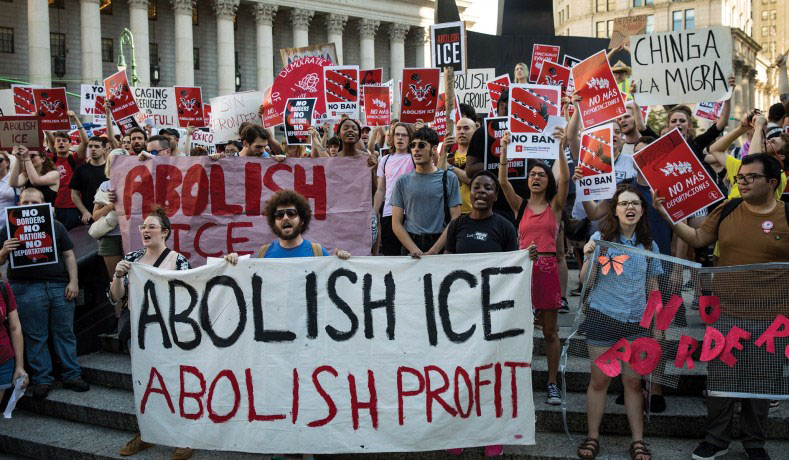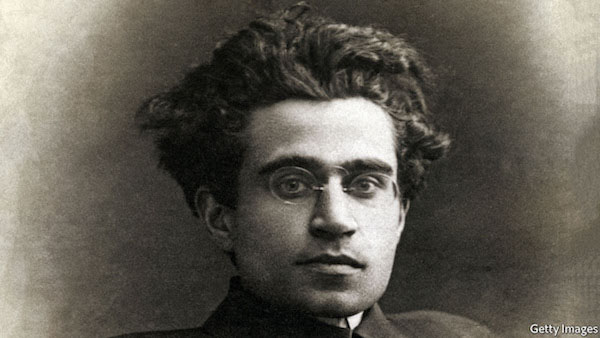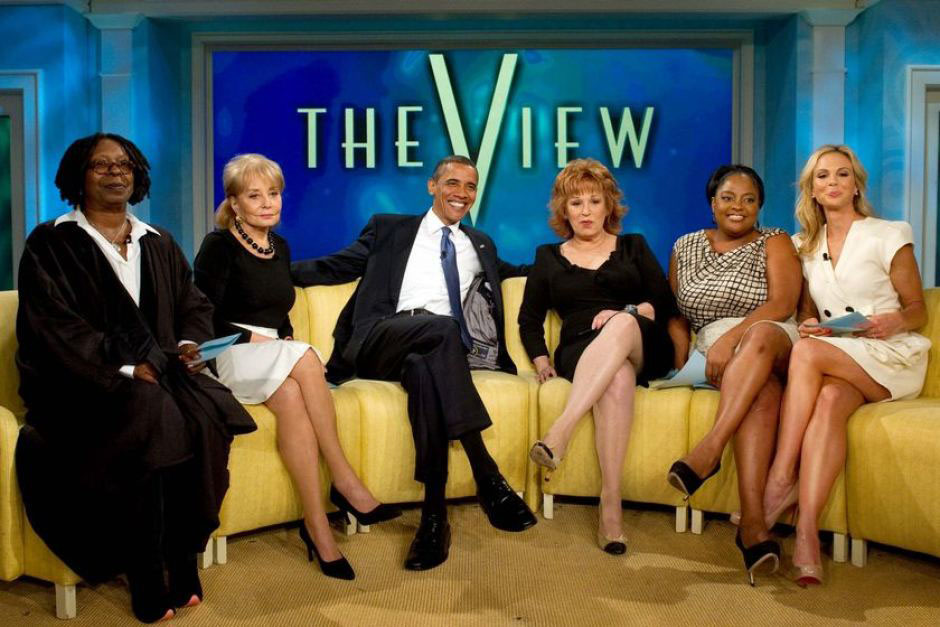
Few questions figure so prominently in the storm of political, social, religious and economic upheaval that currently engulfs the world as that concerning the fate of the nation. Regardless of their root causes, it is apparent that the populist movements surging from Turkey to America to Mexico to Hungary to Brazil and beyond, have taken the idea of the nation as their battle-standard and declared themselves in rebellion against the dominant liberal-leftist theology that has achieved intellectual hegemony throughout most of the postwar West. The fury of these still evolving mass movements, and the lack of self-reflection among the elites they are directed against, coupled with such unpredictable factors as migration, climate change and increasing great power competition, have the potential to dramatically overturn the present world order.
“There is no spirit in a nation that is just conjured up by consent, as if in a mortgage contract. There is no meaning in a nation that is only a sea of atomized individuals living with one another for only material satisfaction, that is just a market by another name. There can be no history in a nation that is renewed daily.”
For all of the tremendous material benefits it has bestowed upon its subjects, the liberal-leftist world order, which was birthed in the French Revolution and fully came of age following the collapse of its totalitarian rivals, has proven singularly vulnerable to the challenge of tribalism, nationalism being only one example of this phenomenon. This vulnerability is due in no small part to the fact that the liberal-leftist belief system, unlike any other dominant belief system before itself, recognized Man, and nothing else as the supreme being in the universe. The momentousness of this deification of Man and persecution of the spiritual cannot be overstated. Whether it was the vast pantheon of Greek or Hindu gods, single redeemer of Christ Jesus, approachable animist spirits of nations like the Ainu or the impersonal Heaven at the center of Confucian doctrine, humanity had, until modernity, embraced life with a sense of spiritual humility, believing that there was some spirit, God or Way that human passions and fantasies could not surpass. As one of the 20th century’s most underappreciated aphorists, Nicolas Gomez Davila, put it “Modern history is the dialogue between two men: one who believes in God, another who believes he is a god.” Although many dissident critics of liberal-leftism have accurately pointed out that it has effectively assumed the role of a religion, particularly in the West, they have strangely neglected to expose the crucial difference that prior to 1789, religion meant the humbling of humanity, whereas post 1789, it is the worship of human efforts, be it the progress and liberty of the liberal, or the equality and levelling of the leftist.
This boundless faith in human potential, unbridled by God or Nature, built around “immanentizing the eschaton,” has had dire consequences for the world, as those elites under the sway of this new ideology sought to liberate themselves from the morality of the old faiths and impose instead a set of values wholly humanistic in nature. Moreover, this modern religion of liberal-leftism is unabashedly universalist in its outlook, meaning that it believes its way of ordering things can and should be applied anywhere, as exemplified by both the Wilsonian dream of a liberal world order and also the Marxist-Leninist desire to see international workers across the globe erect a proletarian dictatorship. These ambitions to construct a universalist world order come at the cost of erasing the special markers that identify and differentiate humans, such as community, borders, religion, language, culture and, of course, the nation. Many liberal theorists openly assumed that the nation itself would be swept into the mists of history via the march of progress, and that a potent cocktail of neoliberal economics, mass migration and expanding liberal democratic governance would render pesky distinctions such as ethnicity or national origin obsolete. For most of these thinkers, citizenship meant subscribing to a bundle of abstract values like free speech or separation of church and state, not belonging to a local community, while good citizens were those who were economically productive and willing to open their society to potential new arrivals, regardless of their nation of origin.
On the left, meanwhile, it was often taken for granted that things like ethnicity, faith and culture were mere illusions conjured up by the oppressor to confuse and control the oppressed, diverting their attention away from the Manichean struggle that revolved around achieving total societal equality. For them, the nation was a harmful barrier that implied hierarchy, and nationalism was the cry of the reactionary attempting to defend his privilege, thus necessitating a revolution that would transcend all nationalities. Between Lenin’s unapologetic remark that “I don’t care what becomes of Russia. To hell with it … All this is only the road to a World Revolution” and Woodrow Wilson’s ominous proclamation that “The world must be made safe for democracy,” implying that all the world must conform to the standards of liberal democracy, it is clear that both sides of the liberal-leftist coin do not envision a future of sovereign, free nations.
Yet it is obvious today that neither of these ideals of how the world should be have come into being. For most people, the dream of world revolution died for good long before the wall crumbled in 1989, and today, those who cherish the memory of the regimes that sought to impose that dream are more likely to be found residing in pricey Western universities than in the rank and file of the latter-day global proletariat. Liberalism is also under siege, hounded by a mix of illiberal democrats, incensed populists and outright authoritarians who seek to midwife into existence a new, post-liberal order. Meanwhile, the biggest defenders (read: biggest beneficiaries) of liberalism seem nonplussed at this, having long operated under the assumption that their ideology was “the end of history,” they may well have truly believed that it was immune from the violent fluctuations of history, and thus took few measures to defend it against competing worldviews.
But all of this does not quite constitute a victory for the champions of the nation, simply because the Western conception of the nation itself has at this point badly deteriorated. Though this decline of the Western nation can be attributed to variety of factors, one of the most damaging is the fact the elites who have dictated “respectable” politics in the West since the end of the Second World War are decidedly anti-nationalist and have sought to erase the particular cultures, languages, religions and customs that compose a genuine community in exchange for universal, abstract notions of belonging that promote individualism, so as to preclude the blood and soil nationalism that they blamed the horrors of the twentieth century on. In doing so, they replaced organic nations that provided a higher purpose for their people with merely the “state,” an entity which fights wars, redistributes wealth and manages markets, but refuses to provide any real moral leadership or sense of belonging, as pre-modern polities did.
Nevertheless, as history has shown time and again, individualism is not Man’s natural state, and every time he is atomized, he will again find something higher than himself to believe in. The death of the nation, plus the decline of the traditional family and religion, has created a major sense of alienation among Westerners today that propels them to seek out some community, any community that will lend them solace, including populist political movements. In response, many of the members of the Western ruling elite have tried to preserve a sense of solidarity among their citizens by drawing on a watered down civic nationalism that mandated that a nation merely consisted of a “daily plebiscite” which entailed people consenting to live with one another, of the kind mentioned by Ernst Renan and Jose Ortega y Gasset, that ostensibly gives people some higher community to believe in while still being open enough to claim the mantle of liberalism. But this conception of the nation has clearly proven hollow. There is no spirit in a nation that is just conjured up by consent, as if in a mortgage contract. There is no meaning in a nation that is only a sea of atomized individuals living with one another for only material satisfaction, that is just a market by another name. There can be no history in a nation that is renewed daily.
So we come to the current crisis: elite utopias of a nationless world have died hard deaths, yet the sanitized “nation” that is the polite alternative evokes no loyalty either, prompting the revival of alternatives outside the liberal-leftist paradigm, such as ethnonationalism and integralism. Whether these alternative political ideologies will succeed in overturning the liberal-leftist order is uncertain, but it has become more apparent than ever that this order is not the only game in town. Indeed, the liberal-leftist order may soon be forced to admit that, far from being the end of history, it is itself merely one of history’s infinite, ephemeral phases.

